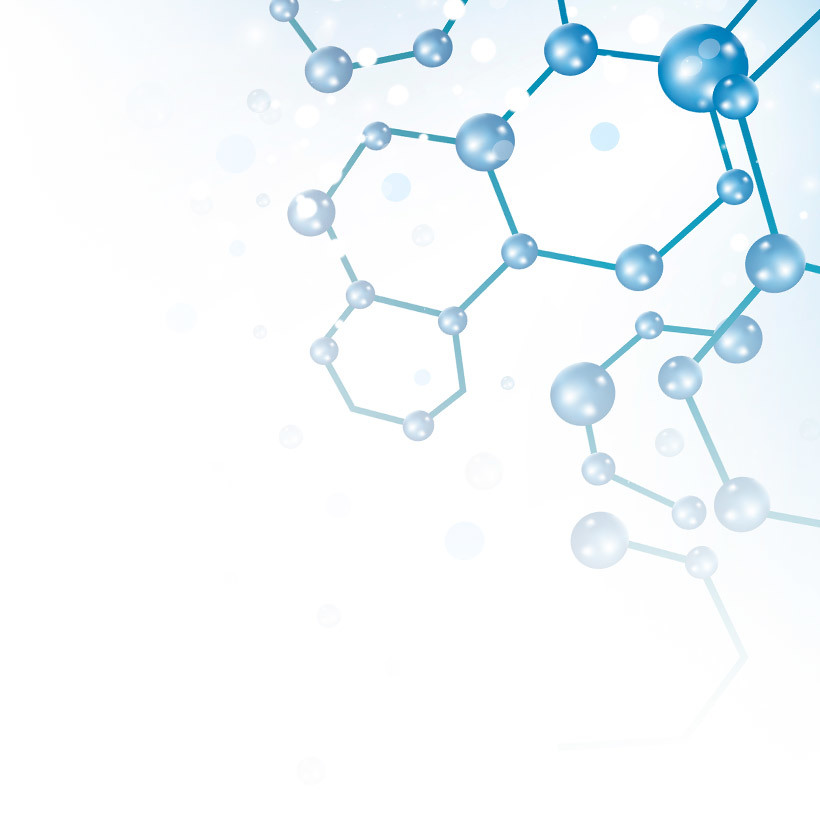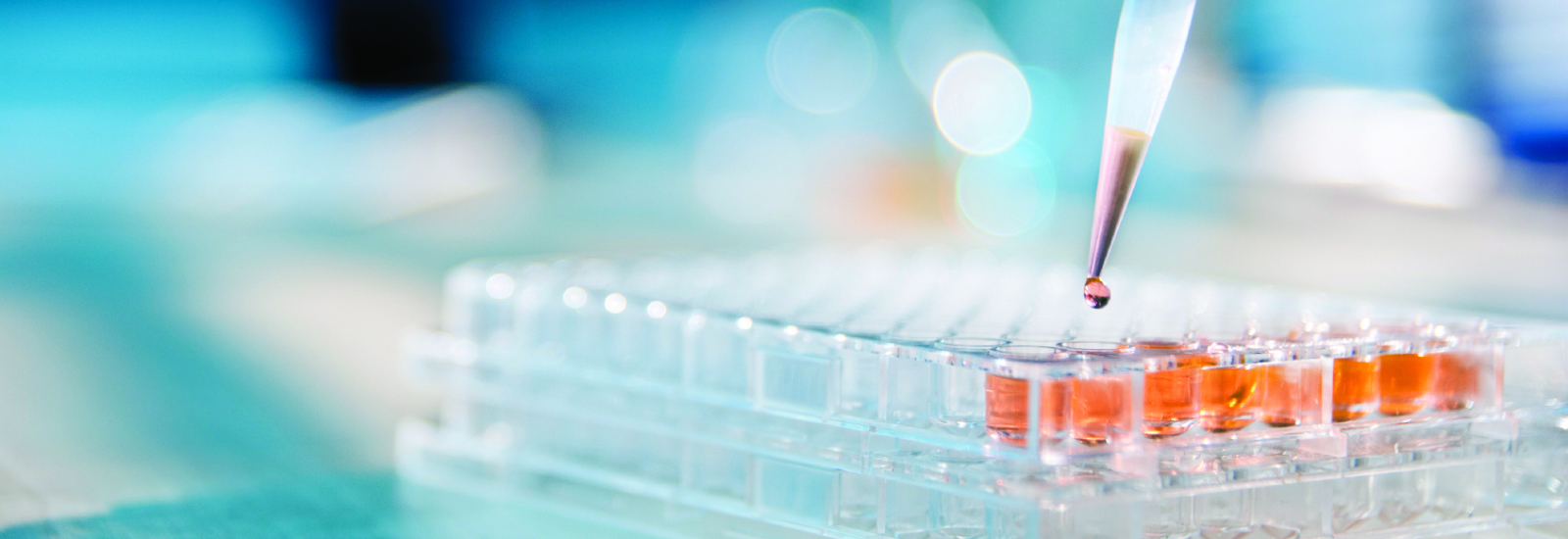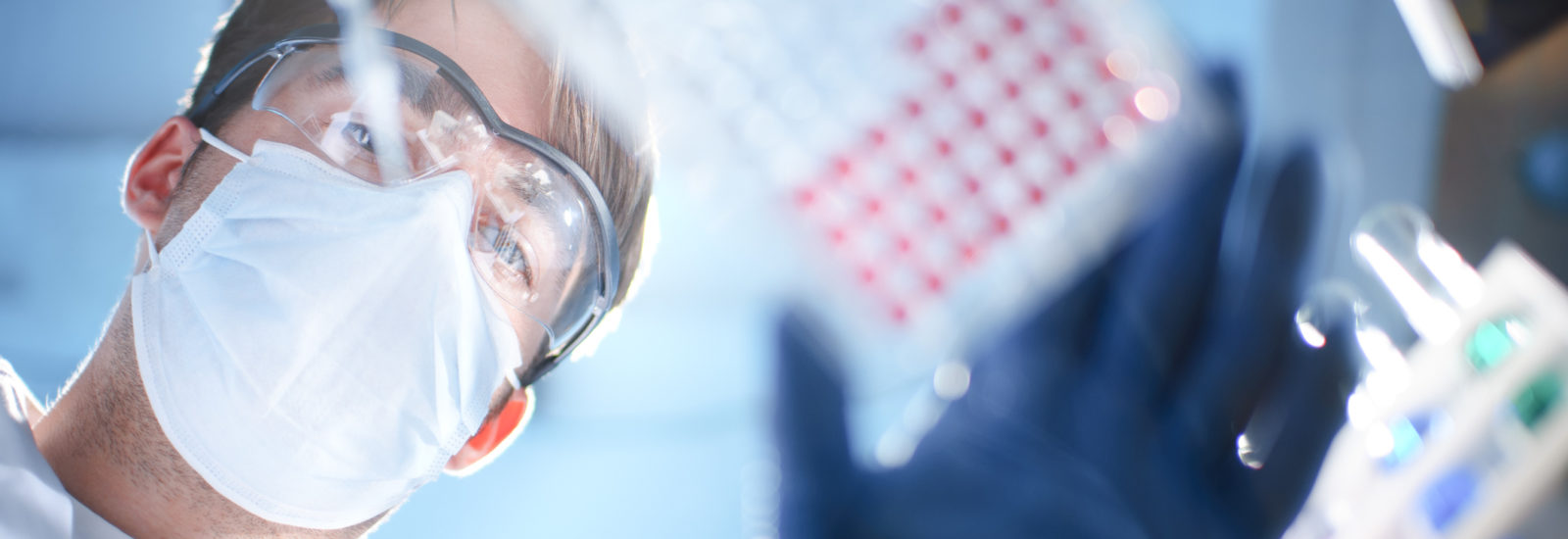

Toxicokinetic (TK) Analysis for Preclinical Drug Development
- In Vivo & Radiolabeling
- August 6, 2020
- Madison Esely-Kohlman, Jolanta Golec, Dr. Pallavi Limaye
The main goal of preclinical toxicokinetic (TK) studies is to establish a correlation between a candidate compound’s concentration or dose and its potential toxicity.
TK studies are conducted during the drug development process as part of non-clinical toxicology or safety studies. Data obtained from the early non-GLP exploratory toxicology studies help a drug developer understand more about the compound before definitive (GLP) toxicology studies, and TK data from the definitive toxicology studies provide the detailed systemic exposure profile essential for dosing considerations prior to first-in-human (FIH) studies and other clinical phases. Data from an early TK study can also help to reduce the number of laboratory animals used in a drug’s development, aligning with international goals of the 3Rs (replacement, reduction and refinement) of animals used in research.
In addition to the core in vivo ADME and radiolabeling services that we offer through our partners, we can also offer analytical support for your in vivo toxicokinetic studies. Extensive experience, state-of-the-art instrumentation, and Good Laboratory Practices (GLP) certification for bioanalytical services enable our partners to deliver reliable results.
Within the study of absorption, distribution, metabolism/biotransformation, and excretion (ADME), toxicokinetics analyzes the systemic exposure of study animals and the effects of xenobiotics in relation to dose level and time. This data can be used for:1, 2
- Determination of toxicokinetic profile in toxicity studies
- Selection of dose, form, and route
- Toxicity evaluation
- Toxicological mechanisms
- Comparison between human and animals
TK Analysis for Drug Development
Between our internal and partners’ superior analytical capabilities as well as partners specializing in animal toxicology to carry out the experiments, we can help you achieve high-quality, GLP-compliant toxicokinetic data. We have bioanalytical capabilities in our US labs for biological matrices of treated animals, and then specific TK parameters are defined using the latest version of WinNonlin at our partner facility.
Our partners have accumulated over 50 years’ experience performing radiolabeled (RI) experimentation, synthesis, and purity checks for pharmaceutical companies. Their facilities are certified by AAALAC International to meet compliance with ethical requirements upheld by FDA, EMA, and PMDA for all animal studies, and GLP certified for all bioanalytical services.
After developing and validating the analytical methods for samples obtained in safety studies, the measurement of drug concentration in biological samples is conducted under international GLP standards. Data conversion service is also available, where TK data are presented in accordance with SEND (Standard for Exchange of Nonclinical Data required for submissions to FDA).
For large molecule drugs, a TK study can also provide data about the formation of anti-drug antibodies and their neutralizing properties to inform dosing considerations.
TK Analysis Features & Options
- High-sensitivity determination of drug concentration in biological matrices from treated animals
- Elucidation of metabolite profiles and structure via LC-MS/MS
- Calculation of TK parameters using WinNonlin (v 8.1)
- Specific parameters such as Cmax, Tmax, AUC, t1/2, clearance (CL), volume of distribution (VD), etc.
- Microsampling options available with corresponding high-sensitivity analytical capabilities
- Immunological methods and analysis
- Bead-based suspension array
- ELISA
Regulatory Compliance
Toxicokinetic studies and follow up analyses are designed according to Japanese Pharmaceutical and Medical Devices Agency (PMDA) standards as well as recommendations described in most recent publications by international regulatory authorities, including the Guideline on Bioanalytical Method Validation in Pharmaceutical Development (Notification No. 0711-(1) of the Evaluation and Licensing Division, Pharmaceutical and Food Safety Bureau, Ministry of Health and Welfare, 2013) and the Good Laboratory Practice Standards for Non-clinical Safety Studies on Drugs (Ministry of Health and Welfare Ordinance No. 21, 1997).
While there is no method by which an institution can claim certified compliance with GLP standards in the United States, the PMDA can grant certification to facilities in Japan following an inspection for GLP-compliance in specific practices. Our partner in Japan, the Drug Development Solutions Center, has this certification for all its in vivo bioanalytical services, including TK analysis.
Instrumentation Capabilities
We use only highly-sensitive analytical instruments and immunological techniques to accurately determine drug concentration for a TK service:
- LC-MS/MS
- QTRAP5500, QTRAP6500+
- API5000
- Xevo TQ-XS
- Plate reader
- Luminex (Bio-Plex 200 and Luminex100/200)
- ECL (SECTOR Imager 6000)
- Multi-label reader (Spectramax, EnVision, Mithras LB940-BA, PowerScan HT)
- Digital ELISA (Simoa HD-1)
Learn More About
About the Authors
Related Posts
Subscribe to our Newsletter
Stay up to date with our news, events and research

Do you have a question or a request for upcoming blog content?
We love to get your feedback
